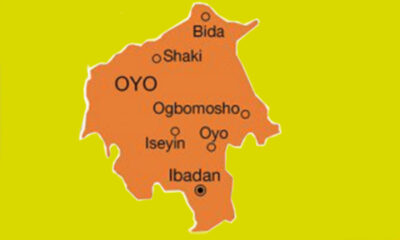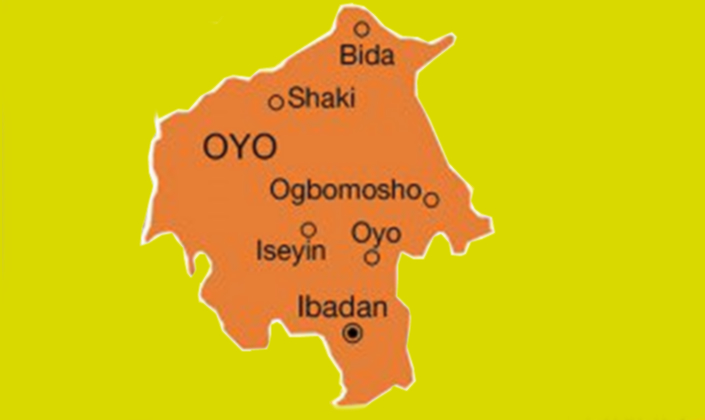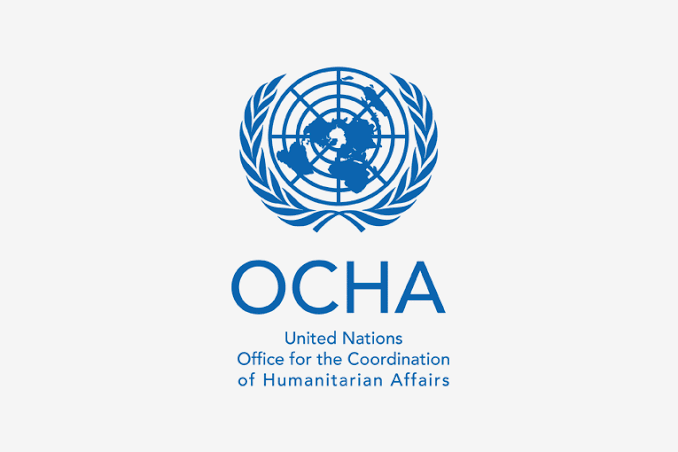Council News
FCT Residents Advocate Holistic Measures to Combat Period Poverty in Nigeria

Residents of the Federal Capital Territory (FCT) have called for the integration of menstrual health management into the secondary school curriculum to promote openness and dismantle the stigma and misinformation surrounding menstruation in Nigeria.
Mrs. Mariam Habibi, a mother of three adolescent girls based in Gwagwalada, decried the high cost of sanitary pads, revealing that she had resorted to shredding old wrappers as makeshift alternatives for her daughters during their menstrual cycles.
Mrs. Habibi appealed to all tiers of government to provide free sanitary pads and underwear for schoolgirls, particularly in rural areas, to ensure proper hygiene.
“Sometimes, when my children use the cloth pieces, I notice bloodstains on their dresses, which makes me feel terrible. They often bathe three to four times a day to avoid smelling. I would be overjoyed if the government could visit schools and distribute pads to our children. It would save me a lot,” she said.
Salma Adejo, a widow, shared her struggles, explaining that her daughter suffers severe pain during her menstrual cycle, leaving her incapacitated for days.
“I cannot afford proper pain relief medication from the pharmacist, and Panadol is ineffective. My daughter screams in pain for three days before it subsides,” she lamented.
Miss Favour Aluu, a Junior Secondary School 3 student of Government Secondary School, Kubwa, revealed that she wears a single pad for an entire day to save costs. She advocated the production of affordable, reusable sanitary products to make menstrual hygiene accessible.
Miss Aluu also stressed the need for teachers to explicitly address menstrual hygiene in Physical and Health Education classes, which she believes would instill confidence and dignity in young girls.
An Abuja-based nurse, Mr. Michael Okpuru, highlighted the dangers of poor menstrual hygiene, warning that the use of unsanitary alternatives like cloth strips, foam, or newspapers could lead to urinary tract infections.
“Failure to have open conversations about menstruation exposes young girls to early pregnancy and uninformed decisions about their sexual and reproductive health. Providing accurate information is essential,” Mr. Okpuru stated.
In October 2018, many Nigerians protested on X (formerly Twitter), urging the federal government to abolish taxes on sanitary pads to make them affordable for women and girls.

More than 37 million Nigerian women of menstruating age did not have access to sanitary pads in 2021 because of financial limitations, according to Dame Pauline Tallen, the former Minister of Women Affairs.
Ifeoma Nwovu
-

 News37 minutes ago
News37 minutes agoOpposition Reps raise alarm over alleged non-implementation of 2025 budget
-

 Business34 minutes ago
Business34 minutes agoCurrency outside Banks rises 10.2% as money supply expands
-

 World News28 minutes ago
World News28 minutes agoNigeria’s exports to Africa hits N4.82trn
-

 National News25 minutes ago
National News25 minutes agoClean Energy key to survival, healthy living — Remi Tinubu
-

 Metro20 minutes ago
Metro20 minutes agoPolice Inspector killed as officers rescue kidnap victim in Oyo


















